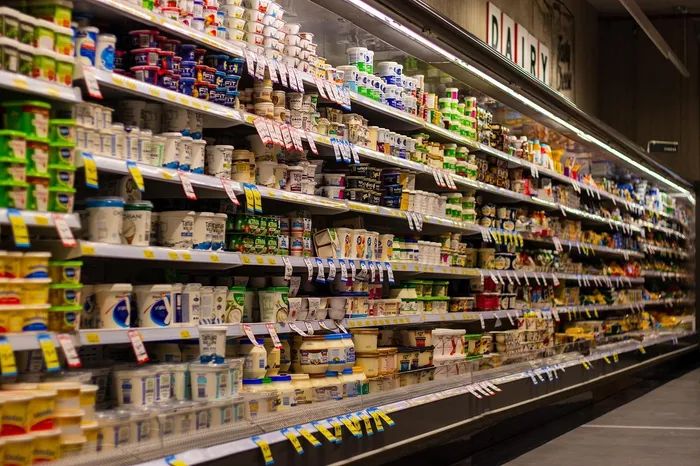SA inflation edges higher in July, but Sarb still targets lower end of range

The latest data shows that electricity prices surged by 8.9% and water tariffs by 7.1% in July, well above the Sarb’s 3% target.
Image: Squirrel photos/Pixabay
South Africa’s consumer price inflation (CPI) accelerated to 3.5% year-on-year in July, from 3.0% in June, driven mainly by higher electricity, water and food costs.
“This was a relatively high survey month, with the South African Reserve Bank (Sarb) continuing to target the lower limit of the 3% to 6% inflation band,” Investec chief economist Annabel Bishop said.
The latest data shows that electricity prices surged by 8.9% and water tariffs by 7.1% in July, well above the Sarb’s 3% target.
Fuel costs also edged higher, with a 52c/litre increase in the petrol price, adding around 0.1% month-on-month to overall inflation.
“While August saw a 28c/litre cut in petrol prices, this is too small to have a material effect on monthly CPI inflation,” Bishop said in an investment note on Wednesday.
Food and non-alcoholic beverages inflation also accelerated, rising 5.7% y/y in July, up from 5.1% in June.
Bishop noted that global food prices were flat in July, while the rand strengthened only slightly, by 0.4% against the US dollar.
“Food prices are impacted by global agricultural prices, which are priced in US dollars, and therefore sensitive to the exchange rate. With the rand not showing any notable gains last month or so far this month, pressure has remained,” she said.
Core inflation, which excludes food, non-alcoholic beverages, fuel and energy, also ticked higher to 3.0% y/y from 2.9% in June, reflecting underlying inflationary pressures.
Looking ahead, Bishop expects inflation to continue rising in the short term.
“The impact of sharply falling CPI inflation in the second half of last year is now coming through in the year-on-year calculation, which will lift inflation readings over the next few months,” she said.
Investec forecasts that CPI will rise towards 4.0% y/y by the end of 2025, before easing back down to around 3.5% by mid-2026.
On interest rates, Bishop said the outlook remains favourable for further monetary policy easing.
“The SARB has indicated it may cut interest rates by a further 1.25% if inflation averages 3.0% y/y next year and the year after,” she said.
BUSINESS REPORT